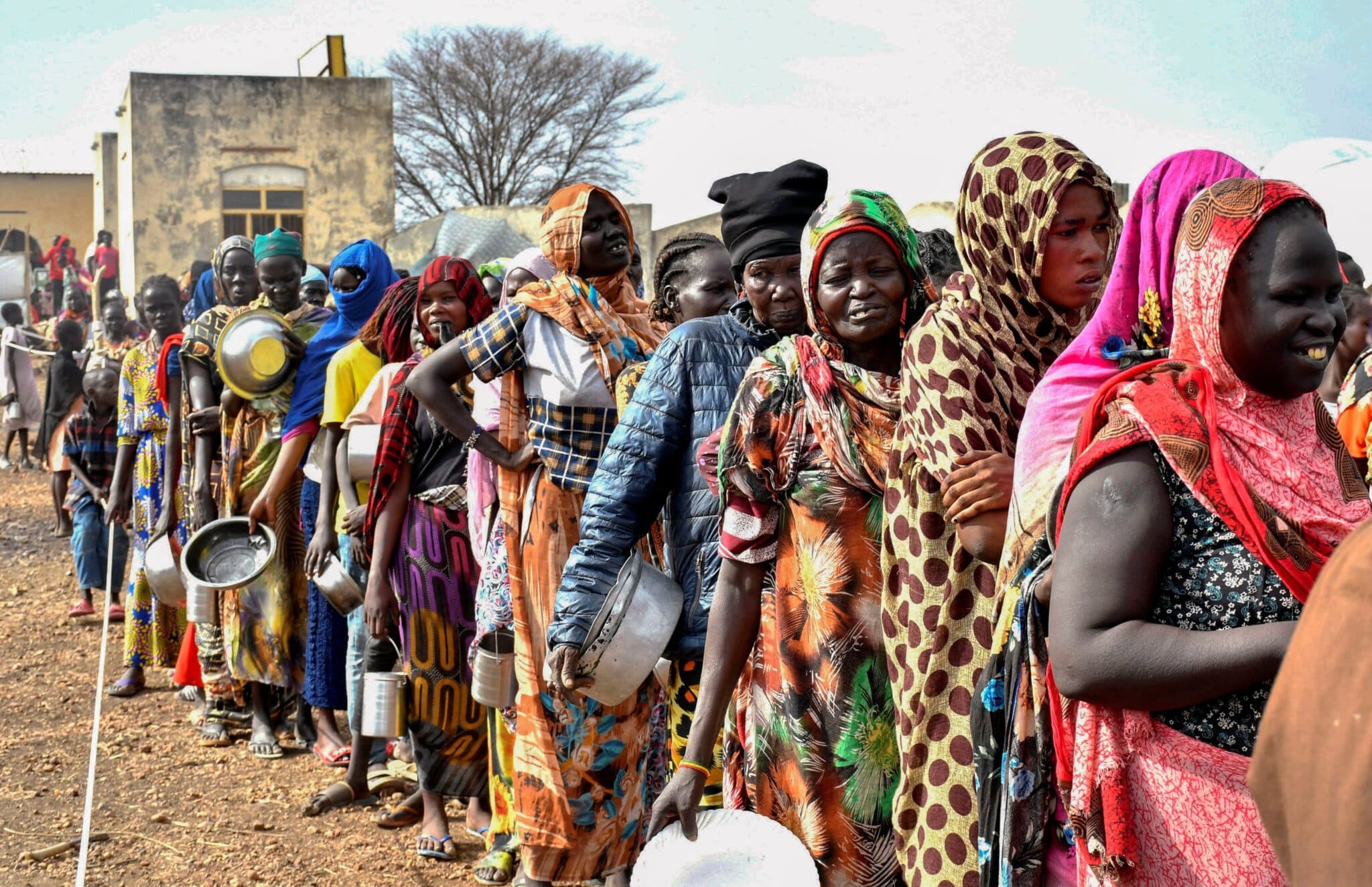SÃO PAULO (OSV News) — The number of people working in slavery-like conditions in Brazil is the highest in 11 years. With 1,443 identified cases from Jan. 1 to June 14, the first half of 2023 already has the highest number of such occurrences in Brazil since 2012.
Since most exploited workers do not report their cases to the authorities, experts warn the available data is only the tip of the iceberg.
French-born Dominican Brother Xavier Plassat, who coordinates the area combating contemporary slavery at the bishops’ conference’s Land Pastoral Commission, said that labor reform carried out in 2017 during former President Michel Temer’s administration (2016-2018) is one cause of the record numbers this year.
“The labor reform had a harmful effect on that situation, especially due to the legalization of outsourcing in all fields,” Brother Plassat said. Before that, the core activities of a company could not be performed by outsourced workers.
Such changes now provide legal coverage to situations that used to be illegal and have weakened protection of the most vulnerable workers, Brother Plassat told OSV News.
“It opened the doors for businessmen to claim they are not responsible for the labor circumstances in their companies when slavery-like conditions are identified,” he said.
Many occurrences of modern-day slavery reported in 2023 involved outsourced laborers. That was the case of 207 rural workers rescued by prosecutors in Caxias do Sul in the southern state of Rio Grande do Sul in February. Most of them had been recruited in Bahia state in the northeastern part of the country and taken to the south to work in wineries. They had been hired by an employment company.
The workers reported that their shifts extended from 5 a.m. to 8 p.m., with only one day off each week. They had to buy all their necessities from a local shop, where the items were overpriced — putting them in debt. They were subjected to physical attacks and threats.
Part of those locally produced wines were used in Masses all over Brazil. In the face of scandal over the slave labor issue, the bishops’ conference issued a statement asking all parishes to ban such wines from celebrations.
“Impunity greatly increased during (President Jair) Bolsonaro’s tenure (2019-2022). If companies and individuals are not held accountable for slavery-like conditions, they keep exploiting people,” said Isolete Wichinieski, one of the Land Pastoral Commission’s national directors.
With a high unemployment rate and a growing social inequality in Brazil over the past few years, many people ended up accepting work proposals that put them in danger, she said.
“Although more people are aware of the risks of slavery, desperation led many to that situation,” Wichinieski told OSV News.
The rural world is where most cases, more than 80%, traditionally occur, especially on farms producing soy, cotton and coffee and on cattle ranches.
“In the cities, the problem is usually connected to immigrant workers employed by building companies and textile factories,” Wichinieski explained.
To make things worse, Temer’s and Bolsonaro’s administrations “gradually asphyxiated the government’s capability to monitor slave labor in Brazil,” Brother Plassat pointed out. Raids carried out by labor inspectors were dramatically reduced and retired agents were not replaced.
“But Bolsonaro never managed to completely stop the monitoring operations. Since 1995, we have a coalition of civil society organizations and labor inspectors that works together against slavery,” Brother Plassat said.
The difficulties in monitoring slavery in Brazil have resulted in fewer cases being denounced than actually exist. Brother Plassat said that historically almost half of cases were identified in the Amazon. This year, only 7% of them came from the region.
“The reports correspond to only part of our reality. The situation is certainly much worse than we know,” he said.
Illegal mining in the rainforest is traditionally an activity that makes use of slave labor, he said. Just in the Yanomami territory alone, there were an estimated 20,000 illegal miners during Bolsonaro’s term.
Sister Roselei Bertoldo, a member of the Brazil bishops’ conference’s special committee to combat human trafficking, said the state committee against human trafficking — as well as most government structures established to focus on the victims of such crimes in Amazonas state — was inactive over the past few years.
“In areas of illegal mining, there are dozens of girls exploited as sexual slaves. They usually have to cook for the miners too, and are frequently sent from one area to another. Most of such cases are not reported to the authorities,” said Sister Bertoldo, a missionary of the Congregation of the Immaculate Heart of Mary.
The bishops’ Land Pastoral Commission has been working to raise awareness among vulnerable rural communities on the risks of slavery. Its agents also inform workers about their rights and the ways to find help if they end up being subjected to slavery.
“Several church movements and organizations have been actively operating to combat that problem over the past decades,” Wichinieski said.
Sister Bertoldo feels things are beginning to change since President Luiz Inácio Lula da Silva took office in January.
“The state committees against human trafficking have been reactivated and police raids against illegal mining in the Amazon have become frequent. In civil society, we will keep struggling against slavery,” she said.
By Eduardo Campos Lima | OSV News








1 thought on “Church activists struggle against growing slavery-like labor in Brazil”
Here in the U.S., we called that sharecropping or peonage. It’s not slavery, per se, but close.
At the turn of the 20th century, here in the U.S. we had similar conditions in certain mining camps. Then the people rebelled, and unions were formed.
In North Korea today, the entire population is enslaved. They have no escape that I know of. That is worse than what the Brazilians are experiencing. I don’t know if the current Marxist leader has the apparatus in place to turn Brazil into another Cuba. Maybe the country is too big and unwieldy in the respect.